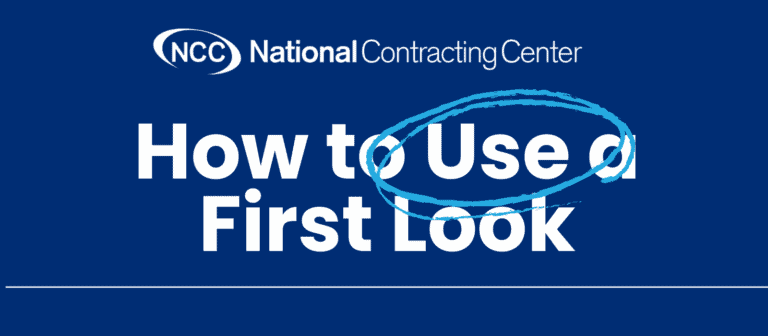As awareness of breast cancer rises this October, we thought we’d help our agents have a better understanding of cancer coverage. Specifically, we thought we’d discuss carcinoma in situ (CIS), a common form of breast cancer.
What is Carcinoma In Situ?
“In situ” is Latin for, “in its place,” meaning that carcinoma in situ is cancer that has not spread to the surrounding cells. CIS is non-invasive, early-stage cancer. The image below shows the differences between CIS and cancer at later stages.
Carcinoma in Situ is also known as stage 0 cancer, non-invasive or pre-invasive cancer, and stage 0 disease. The last word of the term is pronounced “sigh-two.” Visit the National Cancer Institute’s website to hear the full term’s pronunciation.
Carcinoma in Situ, Breast Cancer, and Cancer Policies
An estimated 62,930 patients will be diagnosed with ductal carcinoma in situ (DCIS) or lobular carcinoma in situ (LCIS) in 2019. Because there is no way to be sure whether those instances of CIS will develop into invasive cancer, nearly all patients who develop DCIS will receive treatment. However, most cancer policies will not pay for that treatment.
If you sell ancillary products (and if not, you should definitely consider selling ancillary products), it’s important that you know what kind of coverage you’re offering your policyholders, and if that coverage will truly be beneficial for them should they need to use it.
Policy Options for Carcinoma in Situ Coverage
Cigna’s lump-sum Flexible Choice Cancer policy covers carcinoma in situ. This means your policyholders can be treated before their cancer becomes invasive, greatly increasing their survival chances. Policy benefits also include coverage for the most common and effective cancer treatments, as well as coverage for experimental treatments.
Learn more about Cigna’s Flexible Choice plan on our Cigna page, or see what other ancillary products we recommend in our guide to the 5 Best Ancillary Products for Medicare Sales.






